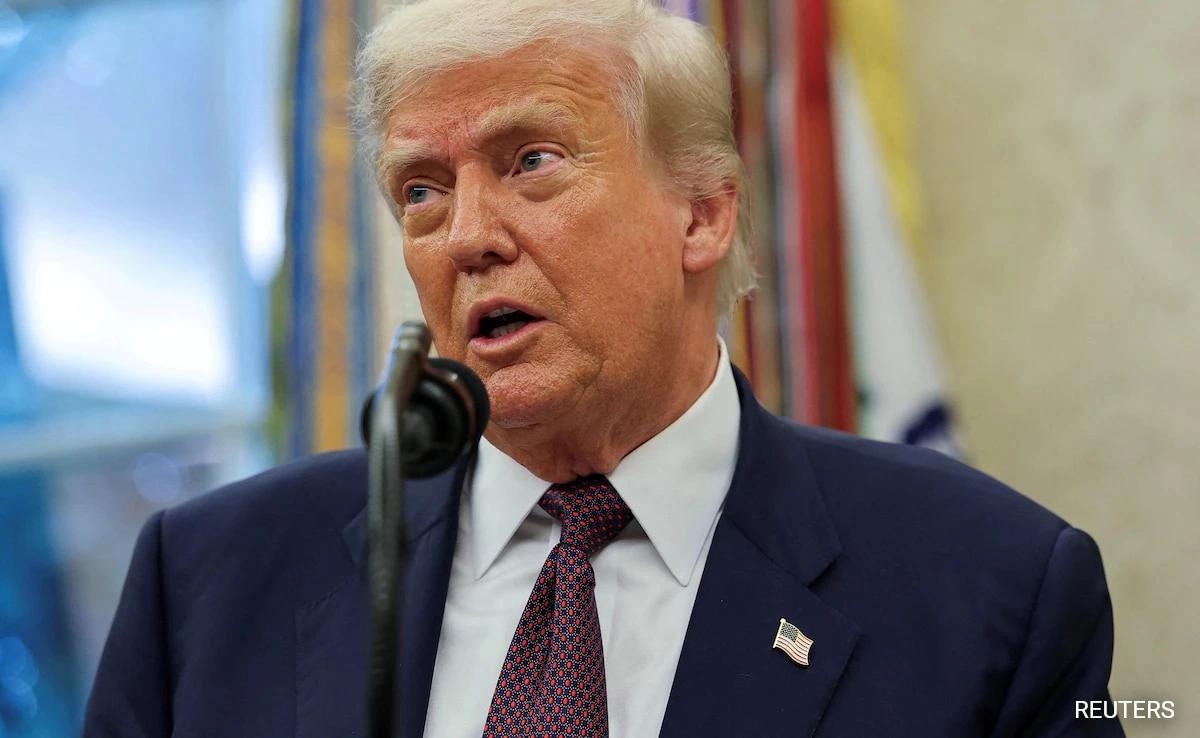In recent weeks, Indonesia has witnessed significant unrest as citizens express their dissatisfaction with the perks and privileges enjoyed by lawmakers. This wave of protests reflects a broader sentiment among the populace regarding the perceived disconnect between elected officials and the everyday struggles faced by ordinary Indonesians. Many demonstrators argue that the lavish benefits afforded to politicians are a stark contrast to the economic hardships that many are currently enduring, particularly in the wake of the COVID-19 pandemic, which has exacerbated existing inequalities. The discontent has sparked widespread demonstrations, with citizens taking to the streets to voice their frustrations and demand accountability from their representatives.
The protests have not only highlighted the issue of lawmakers’ perks but also the broader challenges of governance in Indonesia. Critics argue that the focus on personal gain among politicians detracts from their responsibility to serve the public interest. This sentiment has been fueled by reports of excessive salaries, allowances, and other benefits that lawmakers receive, which have become a focal point for activists and civil society organizations advocating for transparency and reform. Many Indonesians are calling for a reevaluation of the political system and the way that public officials are compensated, emphasizing the need for a more equitable distribution of resources.
In response to the growing unrest, some lawmakers have attempted to address the concerns of their constituents by pledging to review and potentially reform the existing system of perks. However, skepticism remains widespread, as citizens question whether these promises will translate into meaningful change. The situation has become a litmus test for the current government’s commitment to addressing the grievances of its citizens and fostering a more equitable society. As protests continue, the potential for significant political and social change looms, with many hoping that this unrest will lead to a more accountable and responsive government.
Amidst this turmoil, international observers are closely monitoring the situation in Indonesia. The country, which has long been regarded as a beacon of democracy in Southeast Asia, now faces a pivotal moment in its political evolution. The outcomes of these protests could have far-reaching implications for Indonesia’s governance, civil society, and the overall trust in political institutions. As citizens continue to rally for their rights and demand a more just political landscape, the world watches to see how the government responds to their calls for reform and accountability. The ongoing unrest may serve as a catalyst for change, not only in Indonesia but also as a potential inspiration for other nations grappling with similar issues of political disparity and governance.




